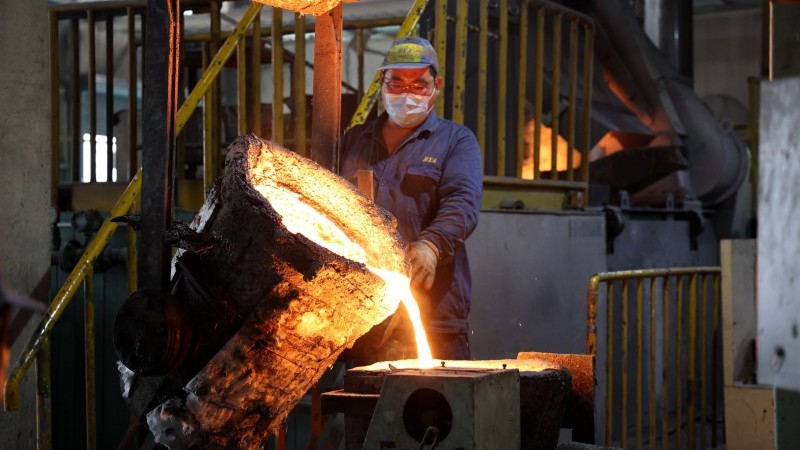Decarbonizing the Aluminium Industry: Pathways to Sustainability and Efficiency
Key Ideas
- Recycling is a highly effective approach for reducing emissions in the aluminium industry, with the potential to significantly decrease energy consumption and increase sustainability.
- Transitioning to clean electricity sources like renewables, nuclear, and hydropower can greatly reduce emissions from the energy-intensive smelting process in aluminium production.
- Innovative technologies such as inert anodes, hydrogen, and carbon capture and storage are emerging as promising solutions for decarbonizing the aluminium industry, albeit with varying costs and timelines.
- Focusing on post-consumer recycling and boosting the supply of post-consumer scrap can further enhance the sustainability of aluminium production and contribute to circular economy goals.
The global aluminium industry faces a crucial need to decarbonize its production processes as it accounts for around 3% of total global emissions. Several pathways for decarbonization have emerged, including recycling, clean electricity, inert anodes, hydrogen, and carbon capture and storage (CCS). Recycling, which consumes significantly less energy than production, holds promise for reducing emissions, but only 34% of aluminium produced in 2018 came from recycled materials. To achieve net-zero emissions by 2050, the industry must increase the share of post-consumer recycling and address impurity challenges associated with recycling used aluminium.
Transitioning to clean electricity sources is essential for reducing emissions in aluminium production, with the smelting process being highly electricity-intensive. China, the world's largest aluminium producer, relies heavily on coal-powered electricity for production. To meet net-zero targets, a shift to renewable energy, nuclear, and hydropower is necessary.
Innovative technologies like inert anodes, hydrogen, and CCS offer potential for greener aluminium production, albeit with considerations of cost and implementation timelines. In particular, hydrogen technology readiness is high across industries, presenting an opportunity for sustainable aluminium production.
The focus on post-consumer recycling and the supply of post-consumer scrap is increasing, with companies like Hydro and Alcoa leading the way in producing aluminium from recycled materials. Enhancements in waste management and recycling infrastructure can further boost the sustainability of aluminium production and contribute to circular economy goals.
Topics
Blue Hydrogen
Sustainability
Energy Efficiency
Carbon Capture
Emissions Reduction
Clean Electricity
Aluminium Industry
Recycling
Inert Anodes
Latest News
